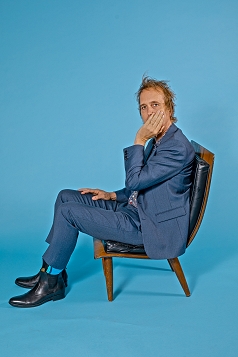The Times
What makes a fine guitarist and better lyricist keep on coming back for less?
What is it like to be a musician and songwriter with talent, soul and no little charisma, who is destined to travel the dusty back-roads of rock’n'roll without ever joining the main highway to fame and fortune?
Arriving in a town near you this week is just such a man. His name is Chuck Prophet, he lives in a one-bedroom, rented apartment in San Francisco and, at 31, he has a great future behind him.
As the guitarist in Green On Red from 1984 until 1991, ‘Prophet signed his name to eight albums that encompassed some of the most stirring American rebel-rock music of the 1980s.
Dan Stuart, his partner in the group, was a man with a feverish whine of a voice, a prodigious capacity for drink, and the ability to bring a flash of warped, bohemian genius to songs that celebrated some of the grungier aspects of the human condition. With a playing style rooted in country and the blues, Prophet supplied a twang that could either caress an aching hears or cut to the emotional quick.
The partnership has since dissolved - “Every band has its natural lifespan, then you’ve got to move out of the house, ” the philosophical Prophet says - but even before then Prophet had made his first solo album.
“As soon as we finished Here Come the Snakes [an unrecognised masterpiece from 1989] the record company went bankrupt. Dan and I had both had the rug pulled from under our feet, romantically, monetarily, musically ...
“So I collected these songs and started playing with a group of people in a bar where nobody ran the (mixing) board, and everybody played too long and it was just a mess.”
From these bar-room sessions a backing band and a set of songs emerged which Prophet recorded “when no one was really looking” on a budget of $800. The resulting album, Brother Aldo, released in 1990, was enough to set a solo career lurching into fitful motion.
Prophet is now on to his third such album, Feast of Hearts, a collection of songs with a quiet, understated charm presented in a defiantly retro soft-rock vein. His lyrics, like his conversation. are full of pithy detail (“The days crawl by, single file”, “The telephone’s deep in a coma”) and his voice has a pleasantly rounded tone. But without Stuart to provide that peculiarly manic edge, Prophet’s sound has veered towards the middle of the road.
“I wanted to make music that is timeless,” he says. “I certainly can’t compete with anything that’s fashionable or trendy.” But he bridles at any suggestion that he is going soft or turning into a Tom Petty wannabe.
“I think I’m as cool as anybody. I’m boxing in the dark with as many demons as PJ. Harvey or any of those people. Sure, I’d love to do something that was a big hit. But I think things start to get a bit complicated on that level. I have a hard enough time unplugging the phone right now. My world is really quite small and I try to keep it simple.”
Now cast in the role of veteran guitar-slinger who chooses not to compete with the “new kids” that have taken control.’ Prophet still commands considerable loyalty, and affection. When Bob Harris ran a competition on his BBC Greater London Radio show last week to win copies of Feast of Hearts, it prompted a huge response. And Prophet’s guitar playing at a short, pre-tour gig at Eve’s Club in London on Monday was a model of fluent grace and economy.
“All the people whose records I liked, the fire was there, but the guitar whispers in your ear: Lindsay Buckingham on those Fleetwood Mac records, J.J. Cale, Clapton when he wasn’t showing off.” he says. “I just think it should draw you in.”
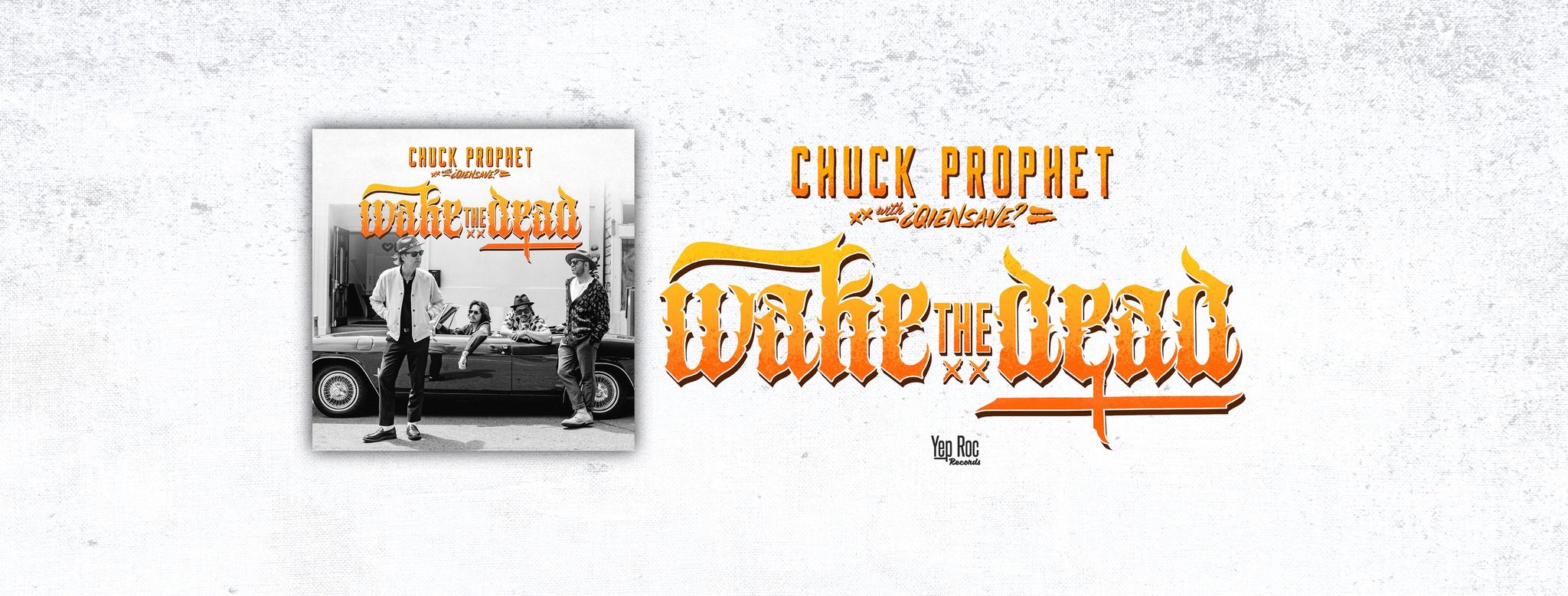




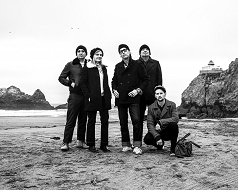
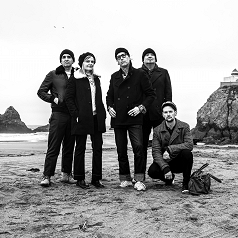
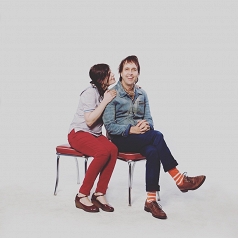
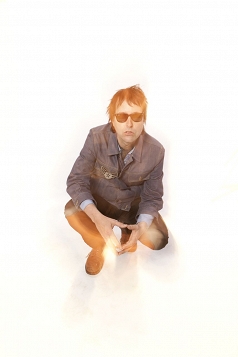
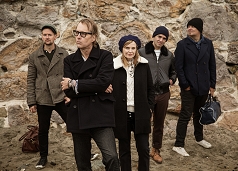
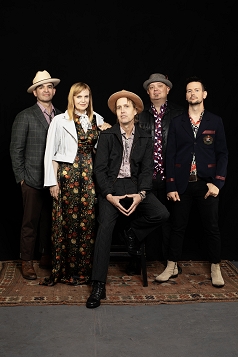
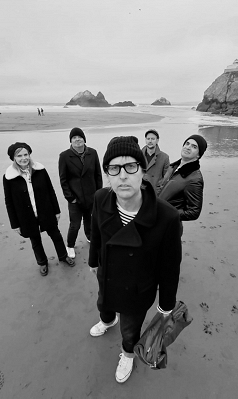
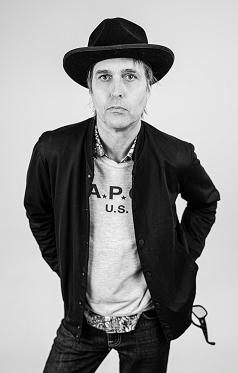
3_238_159auto_s_c1.jpeg)
